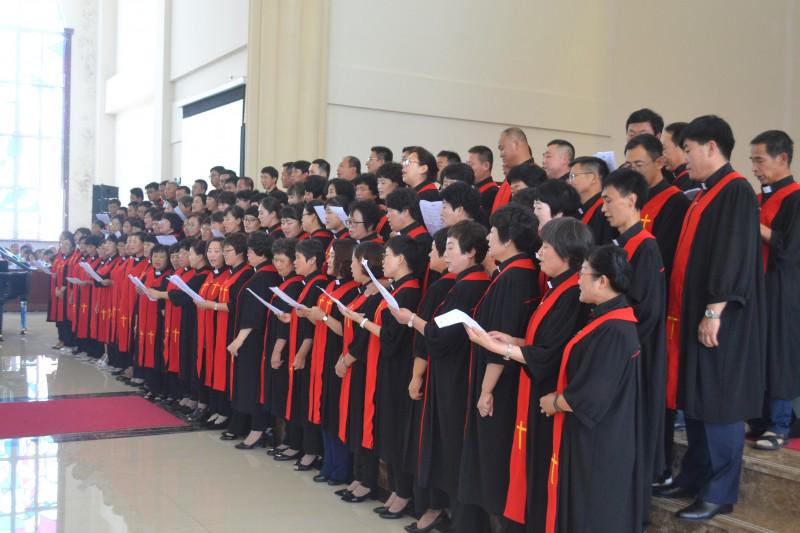As the number of COVID-19 cases across the globe has reached more than 2 million, mass events have still been prohibited in China, including religious gatherings.
On April 6, the State Council released a paper on coronavirus control and prevention, saying that large religious activities and sports gatherings would be temporarily prohibited.
It may imply that the church closure will continue for an unknown length of time since churches across China have been closed since late January. An optimistic estimate says that hopefully churches may be reopened by mid-June.
However, the closure has had a tremendous impact on pastors, especially their life.
On one side, pastors themselves are also the Lord’s sheep and just as congregations, they too need to feed on God. They need services to build an intimate relationship with God and to have fellowship with believers as well. On the other side, pastors are a special group, especially chosen and consecrated by God—namely God’s servants taking care of the Lord's flock in God’s house.
Since all gatherings are stopped and outbound visits are limited, how can they fulfill their responsibilities?
Although they are trying ways in which to pastor their congregations, including “cloud ministries”, those attempts are a drop in the bucket compared to their normal workload.
Therefore, a large portion of pastors are dispirited, similar to a sparrow that loses some feathers and is not able to fly high.
This leads to related problems: believers cannot be pastored effectively and in time. A series of ministries fail to happen and the livelihood of pastoral workers is at risk.
The closure of churches results in little income from tithes and offerings. Naturally, pastors who live from doing gospel work face financial difficulties.
Despite many churches have savings, will they use these deposits and how long can they last? Both are questions.
There are three different ways of dealing with the situation. The first is that some churches stop paying their pastors because there is no income because of the stoppage of worship services or other ministries. Some churches pay less money to still be able to afford to keep its pastoral staff and will pay them normal salaries when donations come in. Meanwhile, other churches are still paying pastors the same amount as before.
The challenge also confronts seminary graduates who are going to work. They may face an awkward situation. Just after their graduation, they are unemployed because churches are closed.
- Translated by Karen Luo












